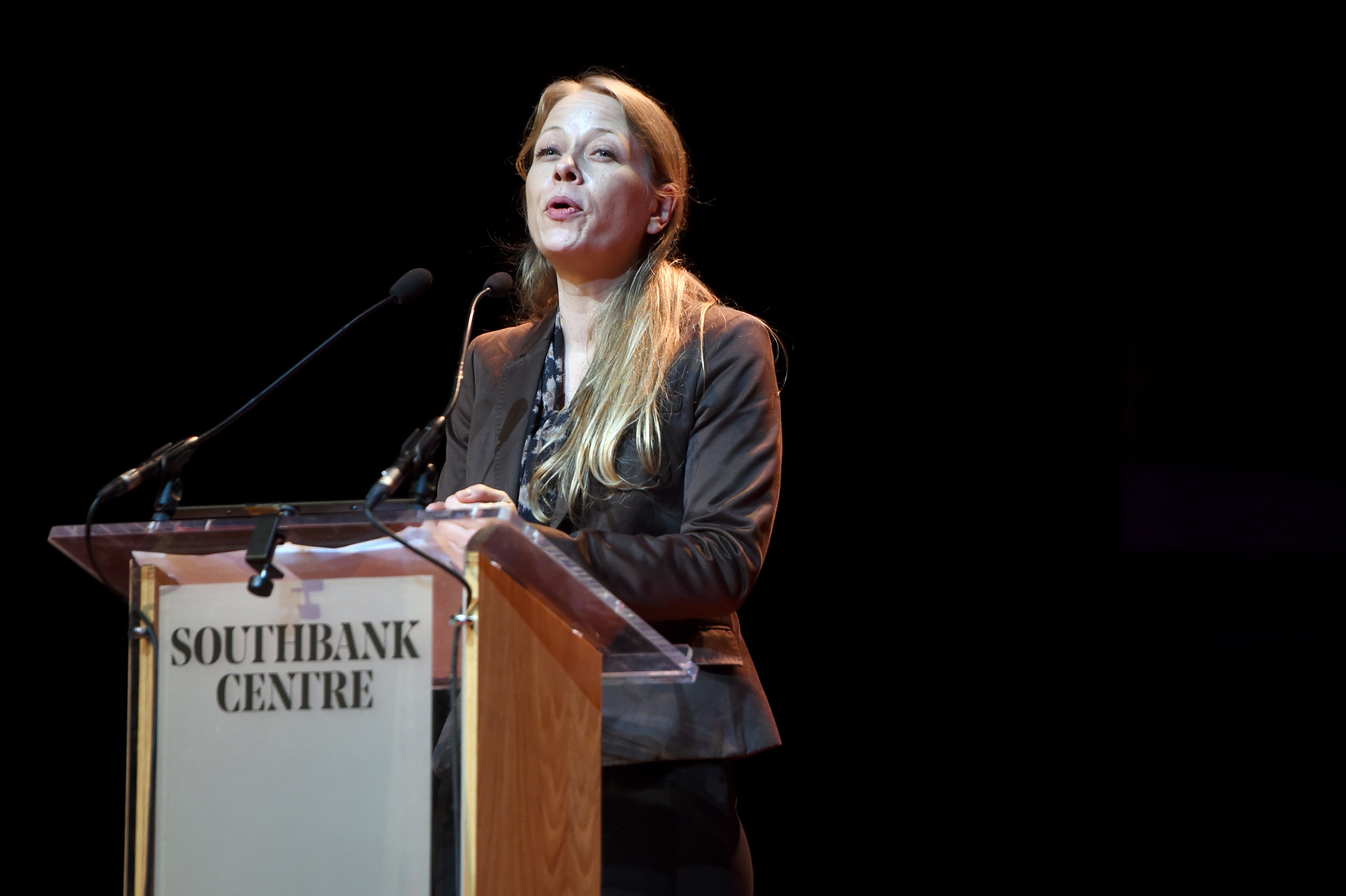Set up crime unit to protect London’s wild spaces, says mayoral candidate Sian Berry
Exclusive: Green Party candidate pledges to set up a habitat crime unit to tackle ecological and wildlife crime in the capital if elected mayor

Your support helps us to tell the story
From reproductive rights to climate change to Big Tech, The Independent is on the ground when the story is developing. Whether it's investigating the financials of Elon Musk's pro-Trump PAC or producing our latest documentary, 'The A Word', which shines a light on the American women fighting for reproductive rights, we know how important it is to parse out the facts from the messaging.
At such a critical moment in US history, we need reporters on the ground. Your donation allows us to keep sending journalists to speak to both sides of the story.
The Independent is trusted by Americans across the entire political spectrum. And unlike many other quality news outlets, we choose not to lock Americans out of our reporting and analysis with paywalls. We believe quality journalism should be available to everyone, paid for by those who can afford it.
Your support makes all the difference.Sian Berry has pledged to set up a specialised crime unit to protect London’s wild spaces if she is elected mayor of London in May.
The Green Party candidate said she would set up a “habitat crime unit” to tackle serious ecological crimes, such as pollution, habitat destruction and fly-tipping.
Ms Berry, who is the party’s co-leader, a London Assembly member and councillor in Camden, told The Independent: “We are in a climate and ecological emergency.
“We need a unit that specialises in things that relate to pollution, harms to habitat and damage to animals. I think that’s really important to have, and it is very difficult to get individual officers to appreciate the problem.”
London already has a specialist wildlife crime unit, which investigates the illegal trade of wild animals and their products.
The proposed habitat crime unit would instead investigate harms against natural environments, including deliberate pollution and fly-tipping. At present, these incidents are dealt with by local councils.
From 2019 to 2020, London saw more fly-tipping than any other region in England, according to official data. Across England, there were 17 fly-tipping events per 1,000 people from 2019 to 2020. In London, the figure was 40 per 1,000 people.
The Woodland Trust has previously warned that fly-tipping can harm nature; for example, animals can suffocate on discarded plastic and be injured by broken glass, the conservation charity said.
“Illegal fly-tipping is causing an awful lot of harm,” Ms Berry said. “It not only causes physical harm to the environment where it is dumped, but it can also leave a toxic legacy for wildlife.”
Ms Berry, who sits on the London Assembly’s Police and Crime Committee, said the resources for the unit would come from police unit restructuring.
“It wouldn’t be any extra cost,” she said. “Essentially, my whole policing plan is about rebalancing priorities.”
Ms Berry told The Independent in January that she would deprioritise the policing of cannabis if elected mayor, including an immediate end to officers using the drug as sole grounds for stop and searches.

Join our commenting forum
Join thought-provoking conversations, follow other Independent readers and see their replies
Comments